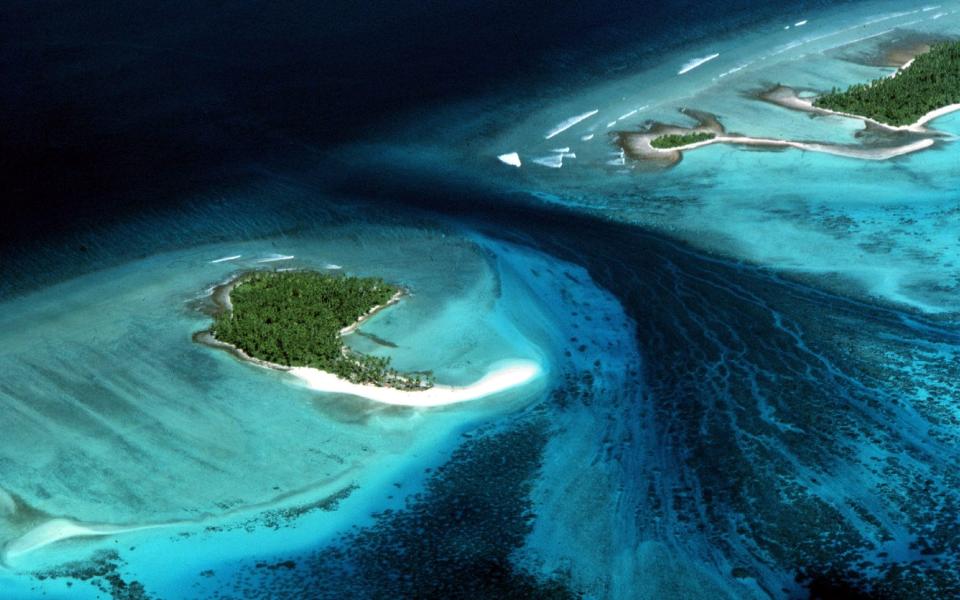Climate change could create new refugee claims, UN says

Climate change could create new legitimate grounds for claiming asylum in the future, the UN has warned.
The United Nations Human Rights Committee rejected the claim of Ioane Teitiota, who had fled the Pacific nation of Kiribati, for protection in New Zealand, on the grounds that the danger he faced wasn't imminent.
But the court said that "without robust national and international efforts” the effects of climate change may trigger the non-refoulement principle, meaning asylum seekers could not be sent to affected countries.
Kiribati, made of 33 atolls and one island, faces a growing threat from rising sea levels and could be unihabitable by 2050.
But the UN ruled that the timeframe left time for interventions that may save the islands or for the government to relocate the islanders.
Mr Teitiota brought his case in February 2016, six months after he was deported from New Zealand to Kiribati. He arrived in New Zealand in 2007 with his wife and the couple had stayed after their visas expired in 2010.
He said he had faced land disputes and difficulties accessing safe drinking water on his home island of South Tarawa, which had become overcrowded as the surrounding islands had become uninhabitable due to rising sea levels.
He said the Pacific nation faced becoming uninhabitable in 10-15 years.
Amnesty International said the ruling suggested that future claims could be successful if there was evidence that the effects of climate change in an applicant's home state "may expose individuals to a violation of their rights”. It comes amid a rise in legal challenges over the effects of climate change.
Last year the Supreme Court in the Netherlands ruled that the country should cut greenhouse gas emissions in order to protect Dutch people's "well being and living circumstances." A similar case is currently being brought in Germany.

